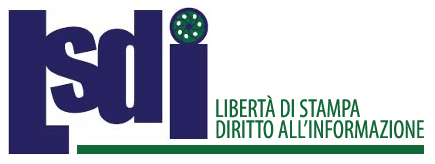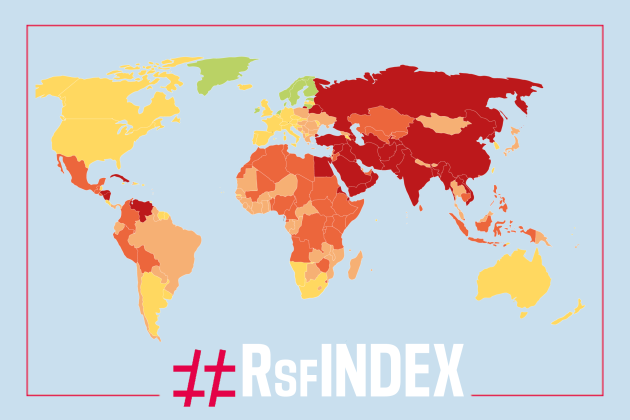Superconnettività e neoluddismo nel futuro di internet
![]()
Prepariamoci a una nuova era di superconnettività e neoluddismo. Sembra questo lo scenario che, secondo una ricerca del Pew Internet and American Life Report, ci attende per l’anno 2020, quando le reti digitali si espanderanno fino a coprire la quasi totalità delle nostre attività quotidiane e dalle ceneri del luddismo ottocentesco sorgerà una nuova setta di “nemici delle macchine, post-moderni e no global, pronti a tutto pur di fermare il progresso tecnologico”.
Questa la sintesi proposta al riguardo da Luca Castelli, su La Stampa.




